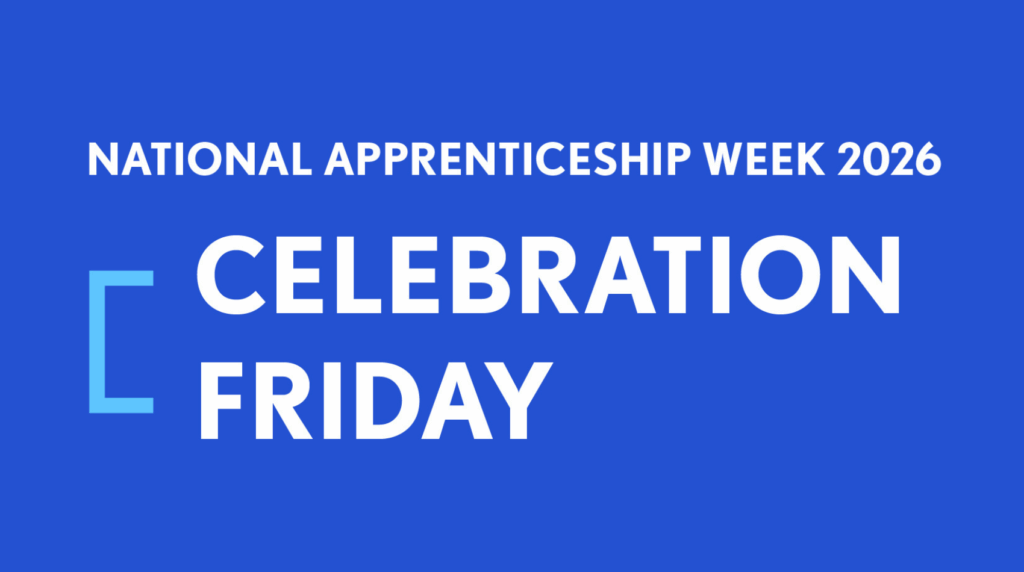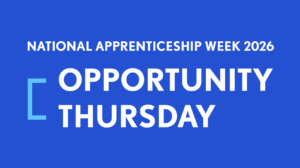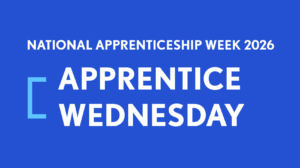Management, People - 2 Minute Read
What is Continuous Learning ?
Andrew Steel,
IT, Website & Marketing Manager
5th August 2020
Continuous learning can support how people improve their knowledge and skills and is often preferable than completing learning and then stopping.
Continuous learning basically means a constant state of learning, whether it be new skills or just brushing up on your current knowledge of a particular topic. Continuous learning can support how people improve their knowledge and skills and is often preferable than completing learning and then stopping.
Businesses need to rely on continuous learning to ensure that they remain competitive and will give them an edge over their competitors. Companies that fail to constantly focus on improving the skills of their workforce will not be able to keep up with other companies that prioritise this.
From the workers perspective, it is also important that their employer focuses on improving their skills and knowledge for many reasons. One would be a sense of satisfaction when they are consistently performing at a higher standard than before as a direct result of the training.
Another reason would be because they would have additional skills and experience to apply for a higher position within the company. A sense of progression internally would reduce the risk of employees moving to another company or industry.
Providing continual learning for each employer will help them to adapt quickly. This means they can always stay ahead of the game. Employees will have the tools and experience that they require to keep up with the industry standard as it evolves.
If a business is to avoid engage with continual learning, they are likely to a stagnant workforce. This would cause the business to fall behind its competitors.
Employers are able to share the skills and knowledge that they acquire when continuous learning is taking place with the rest of their team. This means that the whole team can benefit from each person learning about something different and it not only a personal advantage.

Employers
Read More
Individuals
Available Courses
International
Our Partnerships


